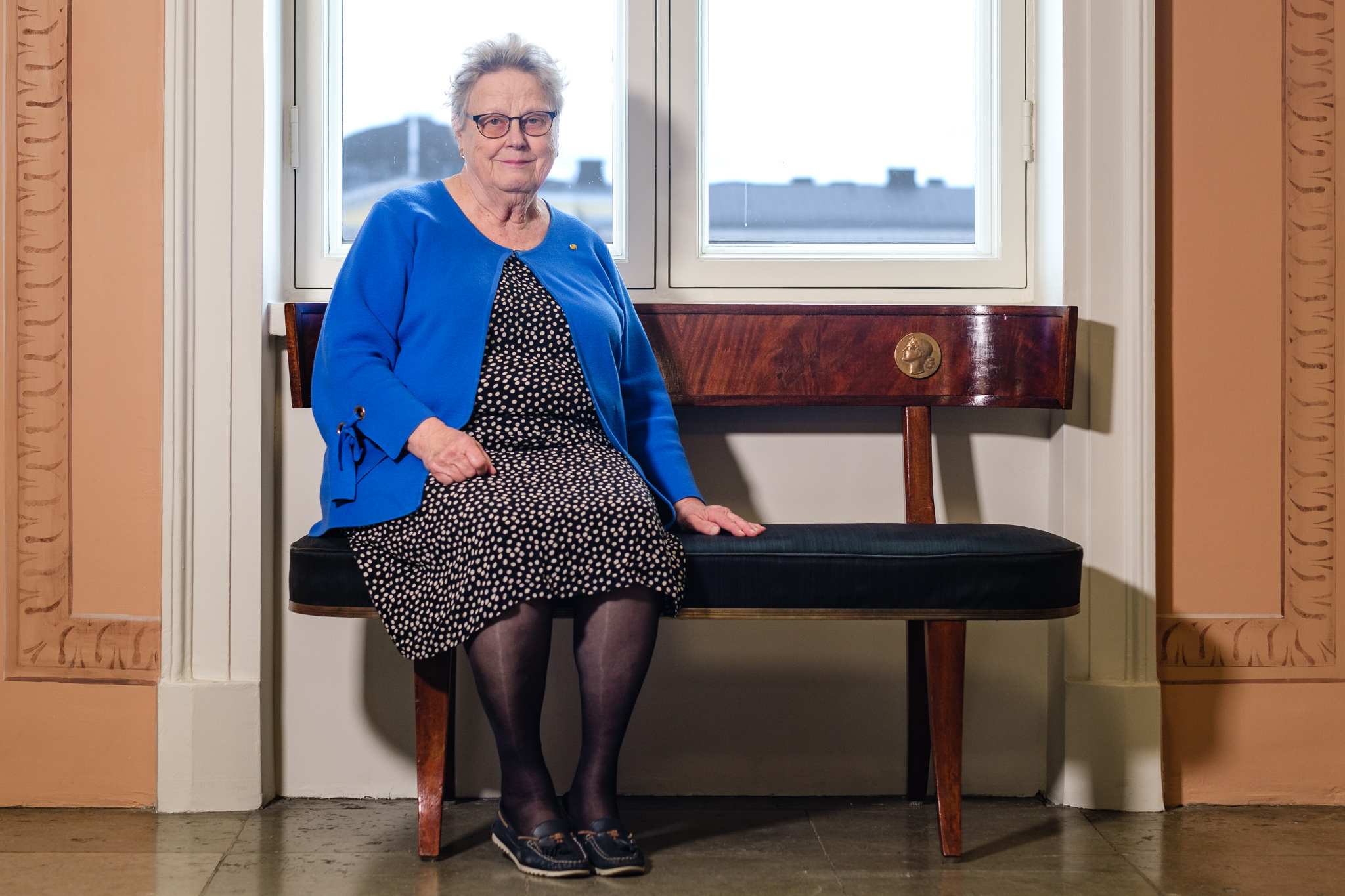“Strong and clear lady” Helena Ranta would like to see more women in peace mediation
When you listen to Helena Ranta, Forensic Odontologist, war crimes expert and Professor Emerita, you can’t help but think that she could have been a successful diplomat anywhere in the world. While some researchers might conduct their work in a straightforward way in terms of pure substance, Ranta’s approach has been holistic and sensitive to different cultures and situations. Ranta has also stood her ground in many tough situations when needed – and worked to ensure that gender equality is better taken into account in conflict resolution.
.jpg/63bddf3a-329d-7dab-4d73-4e2604a563e9?t=1697457856810)
– All the conflicts I have been involved in have been very different. Learning about their history and background is important to me: Why is the community the way it is? What has it been through?
Ranta has cooperated with Finnish experts, including colleagues at the University of Helsinki, to find out what issues should be taken into account in different parts of the world. She has worked in the former Yugoslavia, Peru and Africa, just to name a few locations. What has made her come back to even the most shocking of locations?
– My first project was in Srebrenica in March 1994. It was impossible to know how I would manage beforehand; would I be able to act rationally and do my job? The mission was difficult. But when I saw that we were making progress, my confidence grew and I knew that I could carry on with the mission. I also feel that the international community has a duty to help.
Inequalities escalate in conflict situations
Ranta says that local conditions already contribute greatly to gender inequality.
– It is quite distant from our notion of equality. The negative side effects are most severe for women, children and the disadvantaged. When the guns fall silent and it is time to start the peace negotiations, women rarely play a decisive or otherwise critical role.
Ranta says that peace treaties are seemingly gender-neutral, but they generally reflect only men’s experiences of the conflict. When aftercare should be provided for women who have been subjected to brutal violence during the conflict, such as gang-rape, the communities often find it difficult to talk about what has happened.
– In a way, it is easier to integrate combatants back into the community. Women’s physical and psychological rehabilitation is often forgotten. A victim who has been raped by the enemy may also be excluded from the community.
For example, the report of the Truth and Reconciliation Commission of Peru does not mention violence against women, the forced sterilization campaign, because it was said to be excluded from the mandate.
– What a convenient way to ignore the experiences of half of the population, Ranta notes ironically.

Impartiality is a vital prerequisite for peace mediation
Ranta says that gaining the people’s trust is essential, even if everyone may not like having these issues investigated. Having a woman in a position of research or leadership may also come as a surprise to many.
– Using valid scientific methods when collecting evidence for the judicial process is extremely important. And so is avoiding drawing conclusions that are not based on facts. This also sends a certain impression to the locals.
Even though Ranta is not always a welcome guest, she has also gained the respect of various parties involved in a conflict. Ranta still remembers a particular expression of trust, the political leader of the Kosovo Liberation Army saying: “Professor Ranta is a strong and clear lady.”
There is always room for improvement on all sides
Ranta thinks that more women should be involved in peace mediation. This would also send a clear message to patriarchal and hierarchical countries.
– Finland has done just that. Through our example, we can make the parties involved in a conflict see how much our society has improved when women are also allowed to play a significant role.
It is important to be patient, however.
– Finland has had the time to build itself in peace. Yet we often think that democracy can be built overnight. We have to keep in mind that the local conditions have evolved over the centuries. But even if progress is slow, it is worth working for, as is engaging local people from the start.


